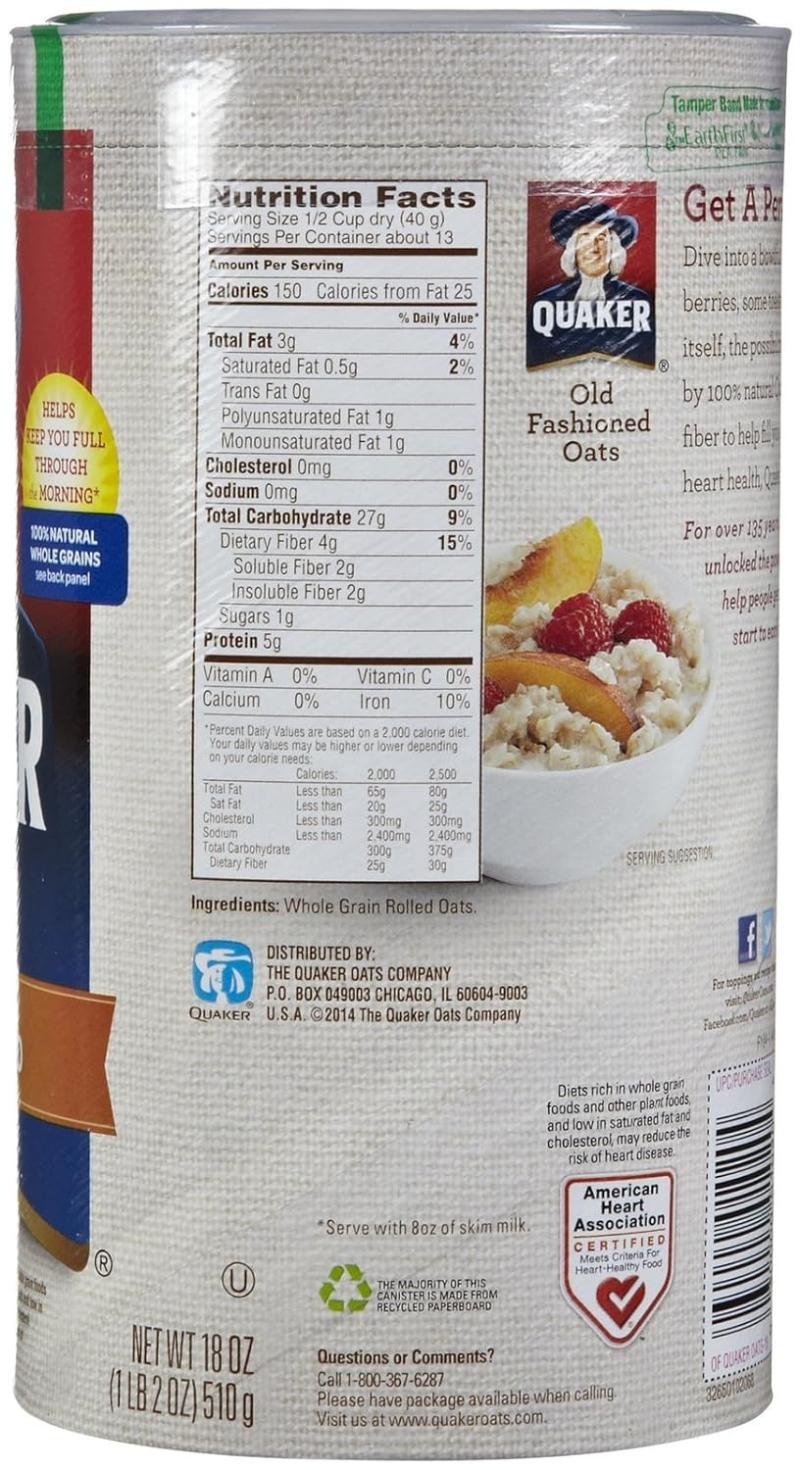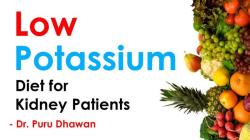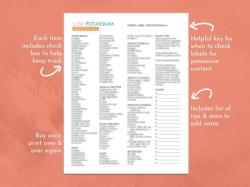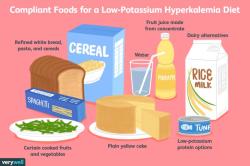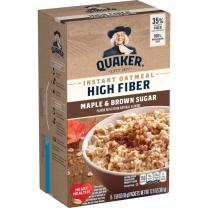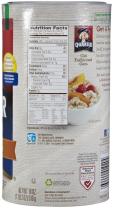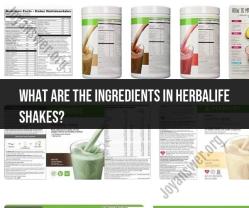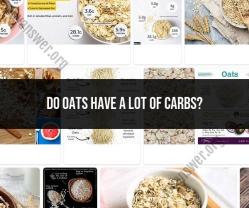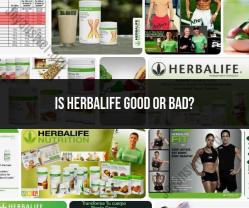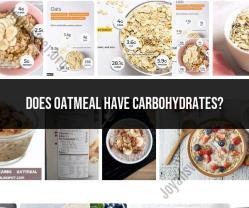What is the nutritional value of Quaker Oats?
The nutritional value of Quaker Oats can vary depending on the specific type and flavor of the product. Here's a general overview of the nutritional content found in plain, unflavored Quaker Oats, typically used for making oatmeal:
Serving Size: 1/2 cup dry oats (40 grams)
Calories:
- Approximately 150 calories
Macronutrients:
Total Fat:
- Around 3 grams
- Low in saturated fat, with minimal trans fat
Cholesterol:
- Oats are naturally cholesterol-free
Sodium:
- A minimal amount, often around 0-2 milligrams
Total Carbohydrates:
- Approximately 27 grams
- Rich in complex carbohydrates, including dietary fiber
Dietary Fiber:
- Provides around 4 grams of dietary fiber per serving
- Oats are an excellent source of soluble fiber, particularly beta-glucans, known for their heart health benefits
Total Sugars:
- Generally low in sugar, especially in plain, unflavored oats
- Flavored varieties may contain added sugars
Protein:
- About 5 grams of protein per serving
- Oats are a good plant-based source of protein
Micronutrients:
Vitamins and Minerals:
- Oats provide various essential nutrients, including iron, magnesium, phosphorus, zinc, thiamin (B1), riboflavin (B2), niacin (B3), vitamin B6, and folate.
Calculated Percent Daily Values (DV):
- Percent Daily Values are based on a 2,000-calorie diet and can vary based on individual nutritional needs.
Additional Notes:
Gluten-Free Options:
- While oats are naturally gluten-free, cross-contamination can occur during processing. Quaker Oats offers gluten-free oat products for those with gluten sensitivity or celiac disease.
Flavored Varieties:
- Flavored Quaker Oats products, such as instant oatmeal packets with added fruits or nuts, may have different nutritional profiles. Always check the packaging for specific details.
Instant Oats vs. Old-Fashioned Oats:
- Instant oats are typically more processed and may have a slightly different texture compared to old-fashioned oats. However, their nutritional content is generally similar.
It's important to note that the nutritional information provided here is based on plain, unflavored Quaker Oats. If you are using a specific Quaker Oats product or flavored variety, be sure to check the nutrition label on the packaging for accurate information. Additionally, individual nutritional needs may vary, so it's advisable to consult with a healthcare professional or a registered dietitian for personalized dietary advice.
What is the nutritional value of Quaker Oats?
Quaker Oats are a good source of fiber, protein, and vitamins and minerals. They are also low in fat and cholesterol.
The following table shows the nutritional value of a 1-cup serving of cooked Quaker Oats:
| Nutrient | Amount | Percent Daily Value (%DV) |
|---|---|---|
| Calories | 160 | 8% |
| Fat | 3 grams | 5% |
| Saturated fat | 0.5 grams | 3% |
| Cholesterol | 0 milligrams | 0% |
| Sodium | 0 milligrams | 0% |
| Carbohydrates | 28 grams | 9% |
| Fiber | 4 grams | 16% |
| Sugar | 1 gram | 1% |
| Protein | 5 grams | 10% |
| Iron | 2 milligrams | 11% |
| Calcium | 45 milligrams | 5% |
How are the nutritional components of Quaker Oats defined and measured?
The nutritional components of Quaker Oats are defined and measured using standard laboratory methods. These methods are developed by organizations such as the Association of Official Analytical Chemists (AOAC) and the Food and Drug Administration (FDA).
For example, the fiber content of Quaker Oats is measured using a method called the Total Dietary Fiber Assay (TDF). This method measures the total amount of fiber in a food, including both soluble and insoluble fiber.
Are there health benefits associated with consuming Quaker Oats regularly?
Yes, there are a number of health benefits associated with consuming Quaker Oats regularly. Some of the potential benefits of eating Quaker Oats include:
- Reduced risk of heart disease: Quaker Oats are a good source of soluble fiber, which can help to lower cholesterol levels and reduce the risk of heart disease.
- Improved blood sugar control: Quaker Oats can help to improve blood sugar control in people with diabetes.
- Weight loss: Quaker Oats are a low-calorie food that is high in fiber. This makes them a good choice for people who are trying to lose weight.
- Increased regularity: Quaker Oats are a good source of fiber, which can help to improve digestion and prevent constipation.
In addition to these health benefits, Quaker Oats are also a versatile and affordable food. They can be eaten for breakfast, lunch, or dinner. They can also be used as an ingredient in a variety of recipes.
Overall, Quaker Oats are a healthy and nutritious food that can be a part of a balanced diet.
